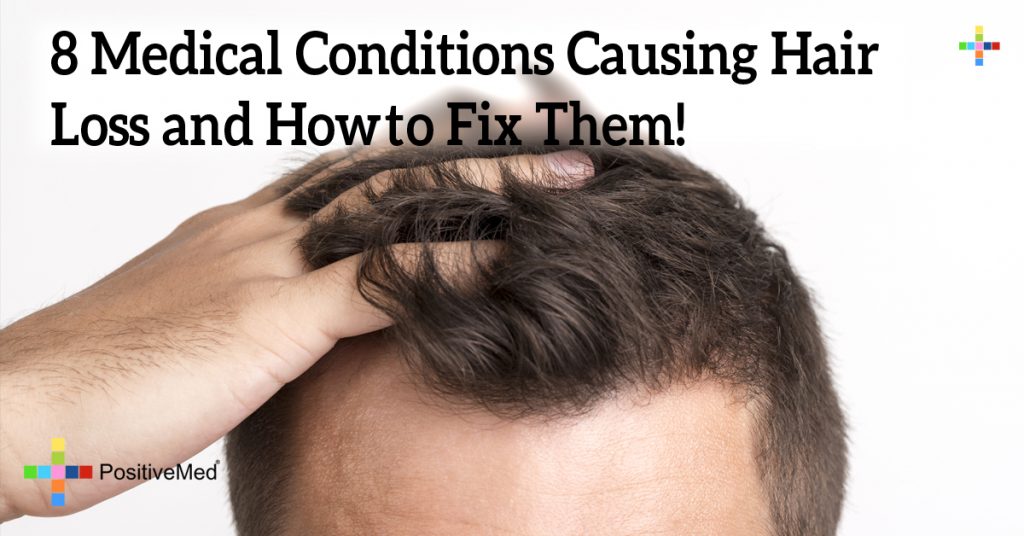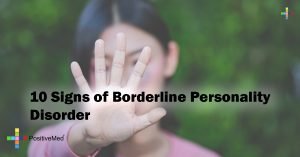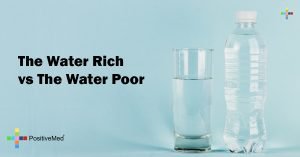
8 Medical Conditions Causing Hair Loss and How to Fix Them!
According to the American Academy of Dermatology (AAD) the medical reasons may vary widely from person to person, but the effect of hair loss is often devastating just the same. In fact, the American Hair Loss Association (AHLA) reports that as many as 85 percent of men and 40 percent of women will experience hair loss as they age. In this post learn why hair loss occurs and how to guard against it.

Effects of Hair Loss
Hair loss can affect self-confidence, success in life and close relationships. Hair is part of a person’s self-image. The loss of hair can cause people to feel ashamed or embarrassed, to withdraw from socializing and to feel depressed or anxious.
8 Medical Conditions That May Cause Hair Loss
These are eight of the most common medical conditions associated with hair loss.
RELATED ARTICLE: The Truth about Hair Loss
1. Balding (androgenetic alopecia). This hereditary condition affects approximately 80 million men and women in the U.S. today.
2. Patchy balding (Alopecia areata). This condition is believed to be an autoimmune disorder that causes the body to attack the hair. Most often, the hair will grow back on its own.
3. An underlying illness (thyroid disorder, cancer, anemia and others). Hair loss can be a sign of a more serious underlying health issue. The AAD cites more than 30 diseases that include hair loss as an early warning sign.
4. Poor hair treatment (hairstyle, styling products, damage). Women in particular are prone to experience hair loss related to hair care and hair style.
5. Use of medications (blood thinners, chemotherapy, steroids, birth control). Sometimes medications can cause hair loss, although often this is a temporary condition.
6. Poor nutrition (lack of protein, vitamins, minerals). If a person does not eat right or doesn’t eat enough of the right foods and nutrients, hair loss can occur.
RELATED ARTICLE: How to Stop Hair Loss in Women
7. Fluctuating hormones (menopause, PMS, pregnancy/childbirth). Hormones can cause hair loss in both women and men. Low estrogen is a particular trigger for hair loss.
8. Stress. Any kind of trauma, such as losing a relationship or a death in the family, can trigger hair loss.
One Great Method to Keep Hair Healthy
One of the best ways to ensure long-term hair health is to eat a healthy, balanced diet that includes enough (but not too much!) vitamin A, Vitamins E and C, protein, iron, B-complex vitamins and zinc. An easy way is simply to take a multi-vitamin each day (or as your health care practitioner directs).
Here is one more remedy against hair loss: DIY Homemade Onion Juice and Honey Hair Loss Treatment





